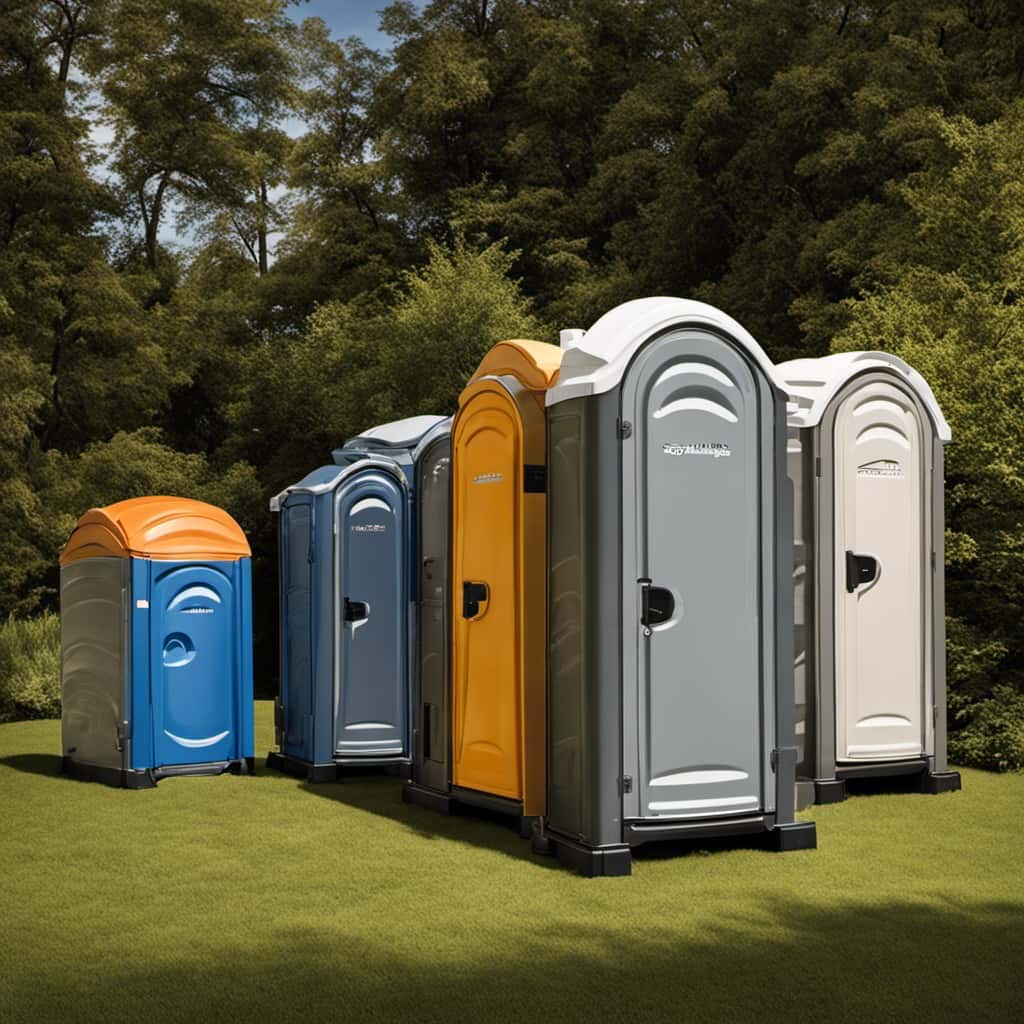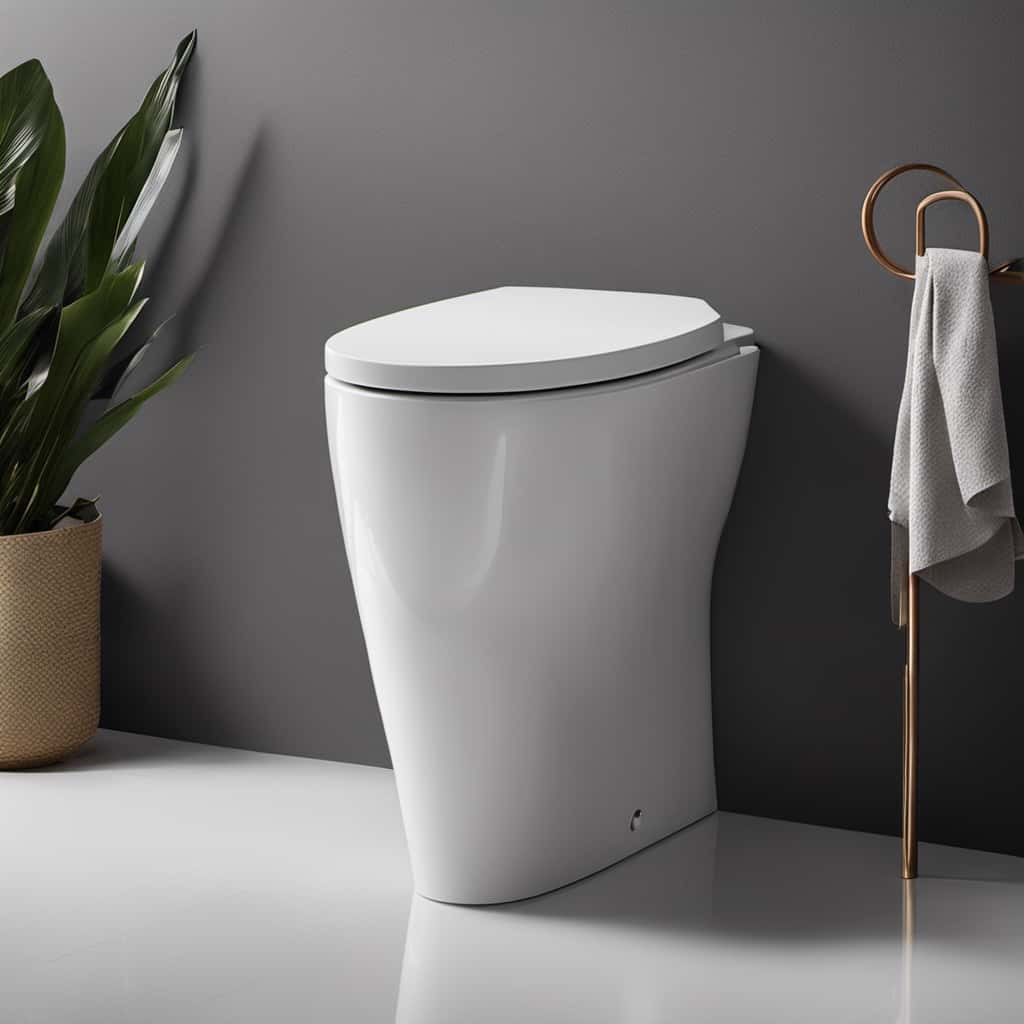We know what you’re thinking: ‘Can I run water when the power is out?’ Well, the answer isn’t a simple yes or no. There are several factors to consider, such as the type of water system you have and the availability of backup options.
In this article, we’ll delve into the details and provide you with a comprehensive guide on how to ensure your water needs are met during power outages.
So, let’s get started and master the art of water management in challenging times.
Key Takeaways
- Municipal water systems rely on electric pumps, so there may be a disruption in water supply during power outages.
- Private well systems can be used as an alternative, but they require proper maintenance and troubleshooting during a power outage.
- Backup options for water during power outages include rainwater collection systems and portable water containers.
- It is important to prepare for water needs during power outages by storing an adequate amount of emergency water and being aware of water purification methods.
Factors Affecting Water Availability
One factor that affects water availability when the power is out is our reliance on electric pumps to distribute water throughout the system. Water scarcity becomes a major concern in such situations, and it’s crucial to understand the importance of water conservation.
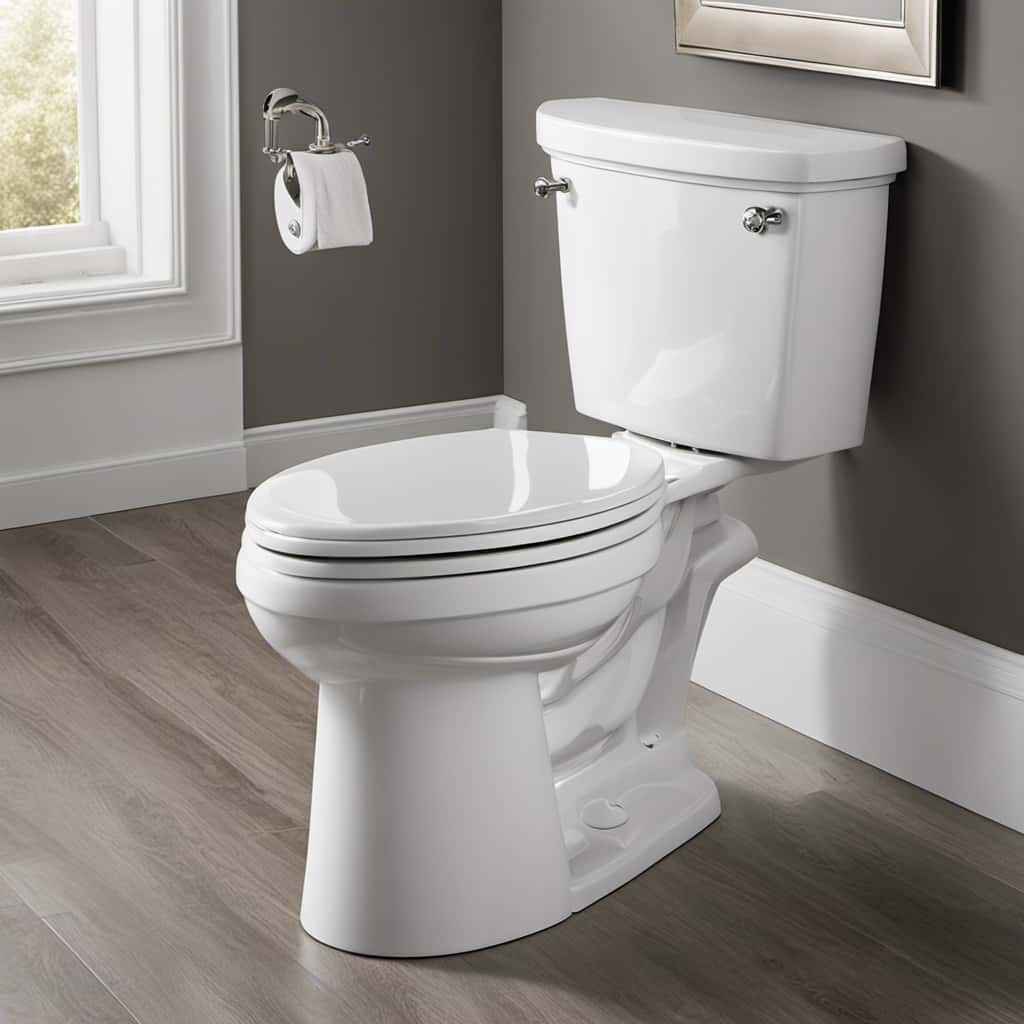
Electric pumps play a critical role in supplying water to our homes, businesses, and communities. Without power, these pumps can’t function, leading to a disruption in water distribution. To address this issue, it’s essential to have alternative power sources or backup systems in place.
This could include generators or solar-powered pumps that can continue to operate during power outages. By implementing such solutions, we can ensure a more reliable water supply and mitigate the impact of water scarcity during emergencies.
Municipal Water Systems and Power Outages
When the power is out, we rely on municipal water systems to provide us with water, but unfortunately, they aren’t always able to function properly. During a power outage, the municipal water supply may be affected for several reasons:
- Pumping stations: Municipal water systems rely on electric pumps to distribute water. When the power goes out, these pumps stop working, causing a disruption in the water supply.
- Treatment plants: Without electricity, water treatment plants may not have the necessary power to operate the treatment processes effectively. This can lead to a decrease in the quality of the water being supplied.
To prepare for such situations, it’s advisable to have a backup plan in place. One option is to store an adequate amount of water in advance to meet your needs during a power outage. This can help ensure that you have access to clean water even when the municipal water system isn’t functioning properly.
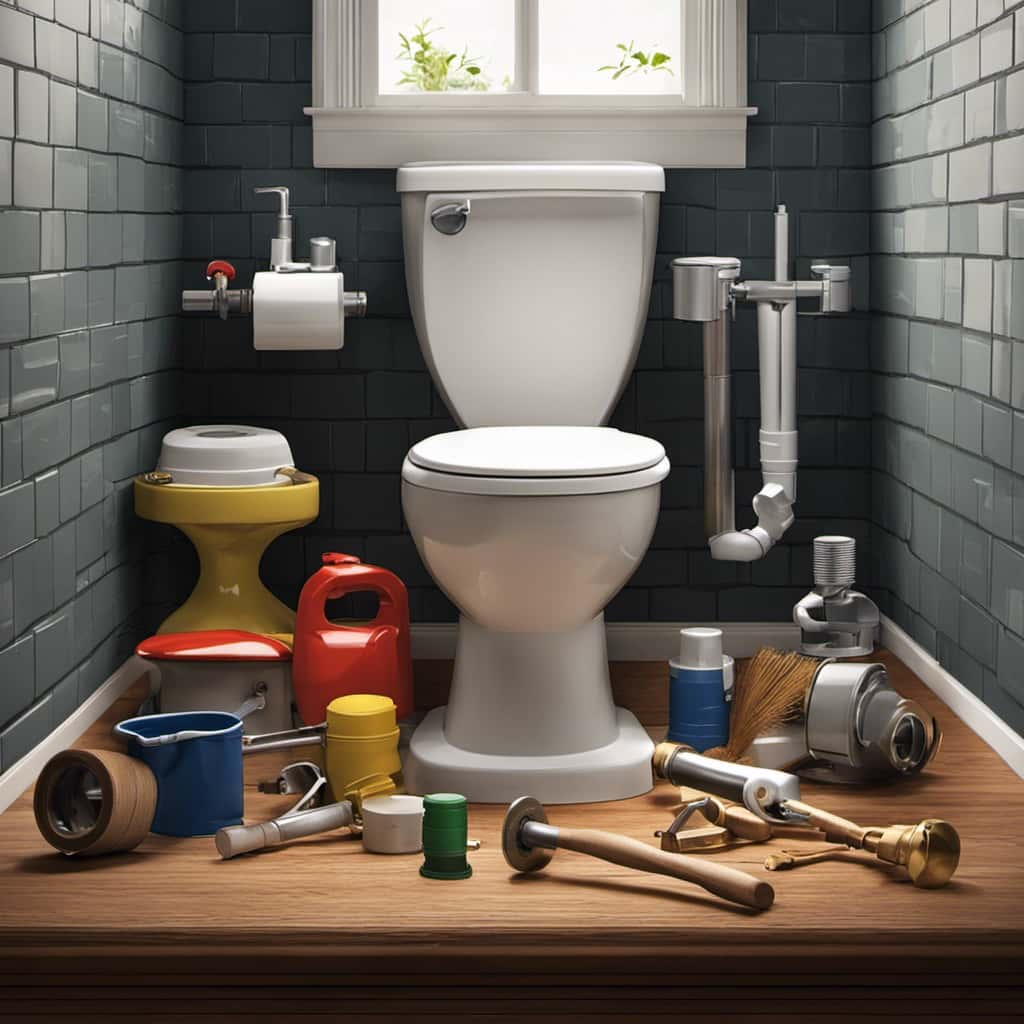
Private Well Systems and Power Outages
During a power outage, our reliance on municipal water systems may be compromised, but another option to consider is utilizing private well systems. Private well systems can provide a reliable source of water, even when the power is out.
However, it’s essential to ensure proper maintenance of your private well to ensure its functionality during such times. Regular maintenance, including checking the well pump and associated equipment, is crucial to prevent any issues.
Troubleshooting the well pump is an important step in ensuring that it functions optimally during a power outage. This can include checking the power supply to the pump, inspecting the pressure switch, and ensuring the pump is properly primed.
Backup Water Options for Power Outages
We have several backup water options to consider during a power outage. It’s essential to have alternative water sources and water storage options in place to ensure access to clean water when the power is out.
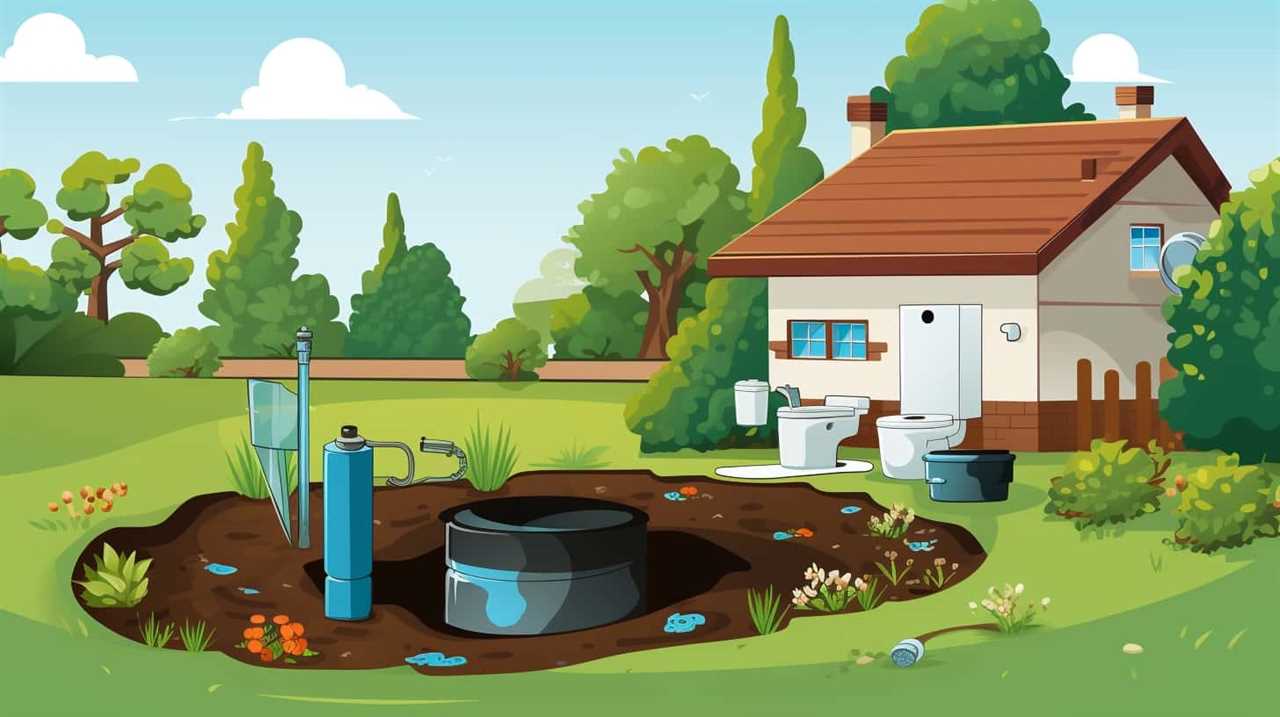
Here are two key solutions to consider:
- Rainwater collection systems: Installing rain barrels or cisterns can provide a sustainable source of water during power outages. These systems collect rainwater from rooftops and store it for future use. It’s important to ensure that the collection system is properly maintained and that the water is filtered before use.
- Portable water containers: Having a supply of portable water containers is crucial during a power outage. These containers can be filled with water from a reliable source ahead of time and stored in a cool, dark place. It’s recommended to have at least one gallon of water per person per day for drinking and sanitation purposes.
Preparing for Water Needs During Power Outages
To ensure we have access to clean water during a power outage, it’s important that we prepare for our water needs.
One crucial aspect of this preparation is emergency water storage. It’s advisable to have a sufficient supply of water stored in advance, as power outages can disrupt the normal flow of water to our homes. The recommended amount of emergency water storage is one gallon per person per day for at least three days. This will ensure that we have an adequate supply of water for drinking and sanitation purposes.
Additionally, it’s essential to be aware of water purification methods. In the event of a power outage, traditional water treatment facilities may not function properly. Therefore, we should familiarize ourselves with alternative methods such as boiling, using water purification tablets, or employing portable water filters to ensure the safety and cleanliness of our water supply.

Frequently Asked Questions
What Are the Primary Factors That Affect Water Availability During a Power Outage?
Factors affecting water availability during a power outage include the functionality of backup systems, the capacity of water storage facilities, and the duration of the power outage. These factors determine the continuous supply of water.
How Do Power Outages Impact Municipal Water Systems and What Measures Are Taken to Ensure Water Supply?
Power outages can have a significant impact on municipal water systems. Measures are taken to ensure water supply, but it’s important to understand the limitations and potential disruptions during these events.
What Happens to Private Well Systems During a Power Outage and How Can Homeowners Prepare for Such Situations?
During a power outage, private well systems may not function as they rely on electricity. Homeowners can prepare by having a backup generator or storing water in advance to ensure a continued water supply.
Are There Any Backup Water Options Available for Households During Power Outages?
During power outages, it’s crucial to have backup water options. Water storage is a key solution to ensure a continuous water supply. We can provide guidance on how to prepare for such situations.

How Can Individuals Prepare for Their Water Needs During Power Outages and What Supplies Should They Have on Hand?
To prepare for water needs during power outages, it is important to have a water storage system in place. We should have an emergency water supply on hand to ensure our household’s water needs are met.
Conclusion
In conclusion, when faced with a power outage, the idea of running water may seem like an unreachable dream. However, fear not! With the right preparation and backup options in place, access to water can be maintained.
Whether through municipal systems, private wells, or alternative sources, there are ways to ensure your water needs are met even in the darkest of times.
So rest assured, water will flow and quench our thirst, no matter the power outage.
